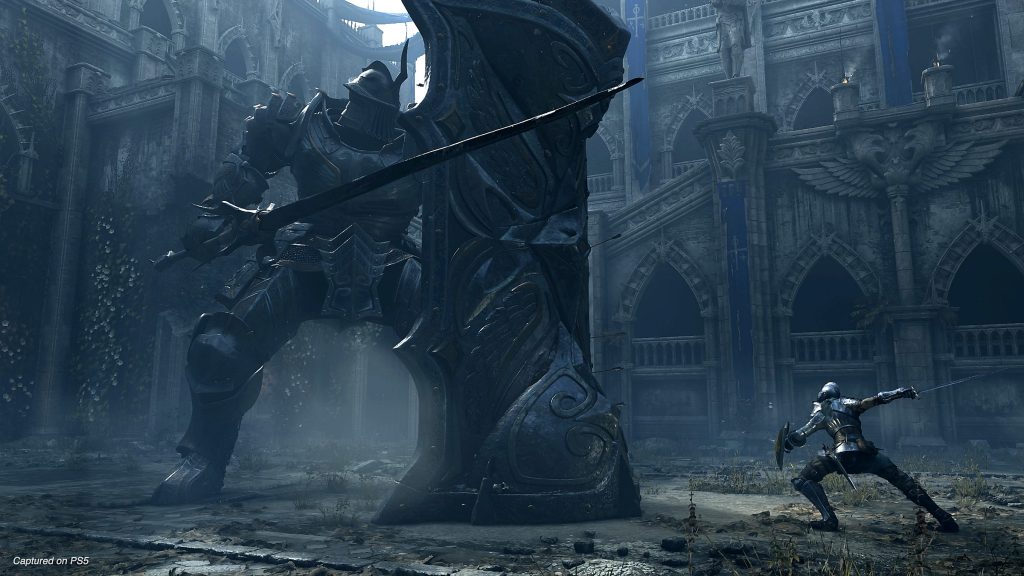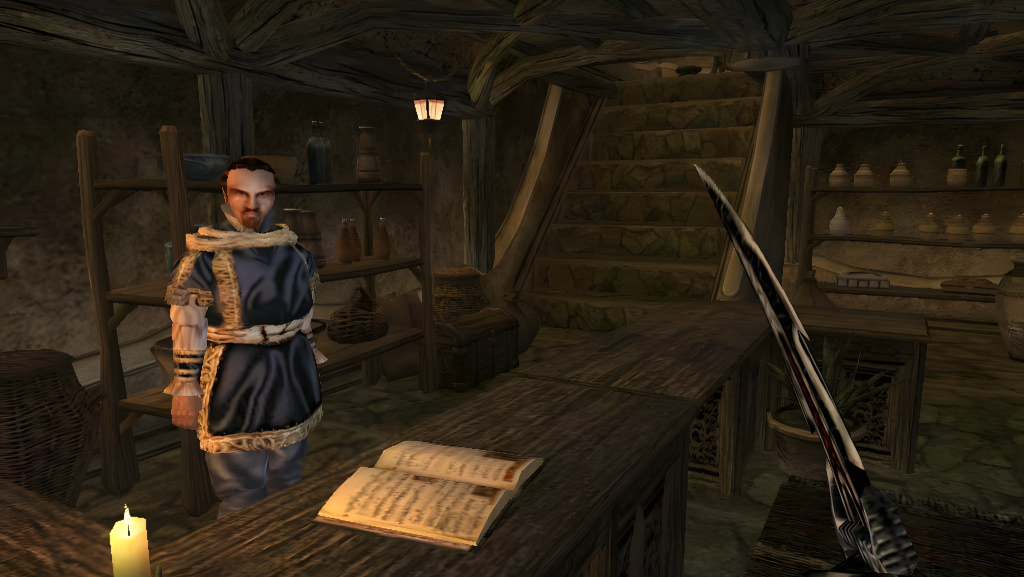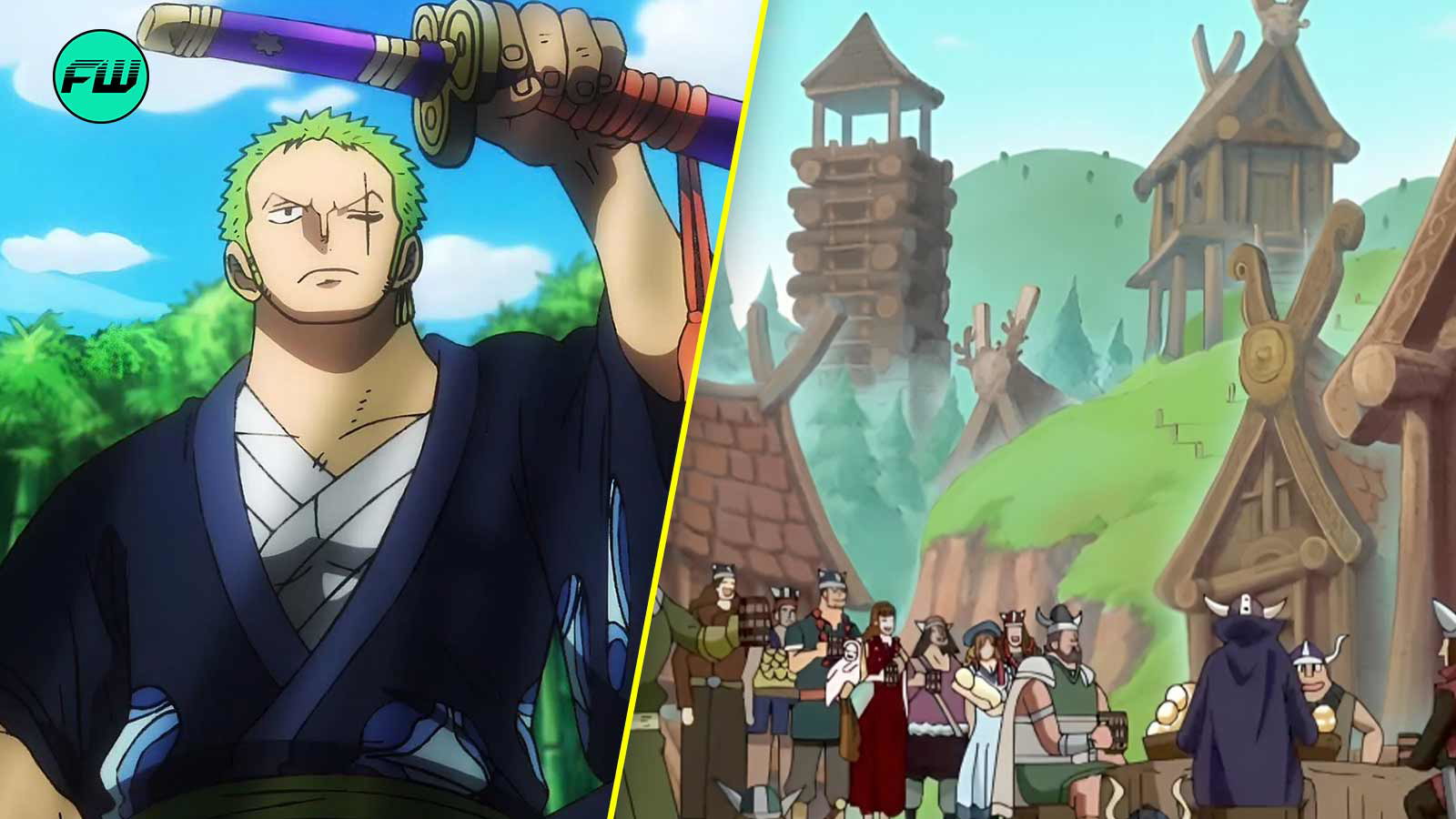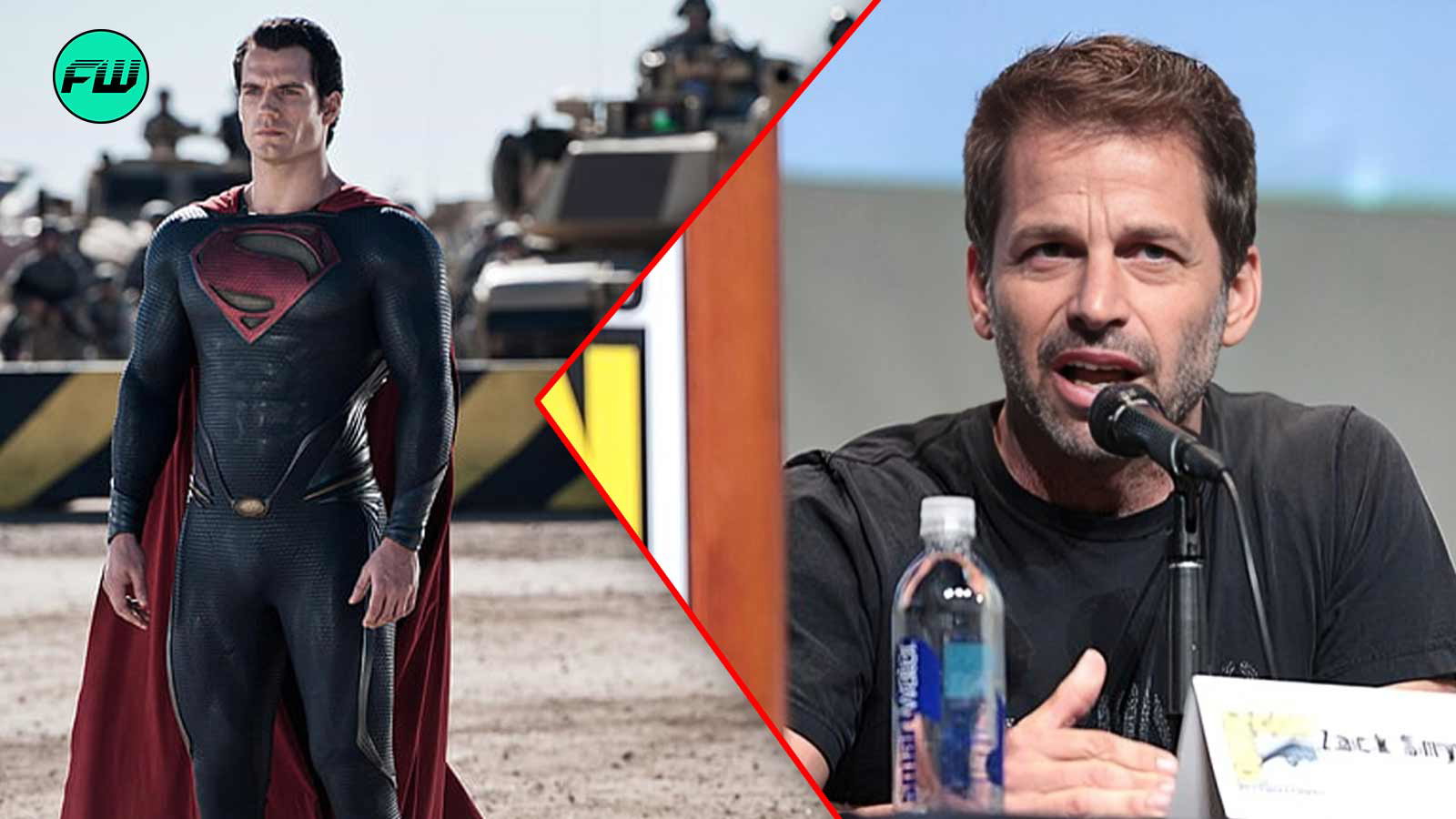Recently, Ballistic Moon, the studio behind the upcoming Until Dawn Remake, announced the layoff of part of its staff—before the game even released. The game is scheduled to come out on October 4, 2024, but just weeks before launch, the company posted the news on LinkedIn.
As upsetting as this is, it’s not exactly surprising anymore. Sudden layoffs have become disturbingly common in the games industry. Aside from how devastating they are from a humane standpoint, they are simply not the solution to whatever problem C-suite executives think they have.
The Grim Reality of the Layoffs That Hit the Until Dawn Remake Team
The incident with Ballistic Moon and the Until Dawn Remake comes on the tail of layoffs at Ouka Studio, the team behind Visions of Mana (released August 29, 2024).
According to Bloomberg’s Takashi Mochizuki, NetEase laid off almost all of the studio’s staff on the day of its launch, leaving behind a skeleton crew. The studio is now rumored to be on the verge of shutting down.
These are just two of the many similar stories we’ve seen lately. Gaming layoffs aren’t new but the frequency and how soon they’re happening—sometimes right after, and now even before a game’s release—is alarming.
While we’ve almost grown numb to the news, it doesn’t make it easier to swallow. It’s devastating for the staff who suddenly find their world flipped upside down, often for reasons beyond their control.
It’s no secret that companies exist to make money. You need money to make games, and by making games, you can make more money. But a lot of these gaming layoffs are happening in studios that are either major players themselves or owned by bigger companies.
Ballistic Moon, for example, was acquired by Sony last year. While we don’t know the exact reason for the layoffs, it’s not hard to guess that pre-order numbers or profit expectations for the Until Dawn Remake haven’t met expectations. In other words, people probably aren’t lining up to buy the game.
But why are game developers being punished for that? Neither the technical designer nor the 3D animator chose to invest millions of dollars into a Until Dawn Remake. They simply did the work their bosses asked of them. So, why are they losing their jobs for decisions made at the top?
When companies lay off staff, they might please shareholders for a moment and keep their balance sheets looking good, but as Larian’s Swen Vincke says, the long-term cost they pay is much greater.
Gaming layoffs lose studios the people who know exactly what went wrong. They lose the workers who’ve spent years honing their craft, learning the studio’s ways, and more importantly, valuable lessons for the next project.
The Cost of Gaming’s Obsession With Hits
 We need room for experimental games like Demon’s Souls (2009). | Credit: Bluepoint Games
We need room for experimental games like Demon’s Souls (2009). | Credit: Bluepoint GamesGaming layoffs are a knee-jerk, cruel response to a problem that runs much deeper.
In the AAA scene, game development has turned into a numbers game—a race to create the next big hit. Again, it’s not new, but this feeling is stronger than ever before. And that’s a terrible way to treat one of the most creative, interactive art forms out there.
We’re now remaking games from less than a decade ago, like Until Dawn, hoping people will fork over $60 for something they can already play on modern consoles. When the cash doesn’t roll in for bait as obvious as this, someone has to take the fall. And it’s almost always the people who actually made the game.
Games can be great and still fail to sell well. They might even flop at first and then become cult hits years later. But the focus shouldn’t be on profit alone.
If studios truly are interested in creating good games, they need to listen to their developers—the ones who play games themselves and have been through the process.
FromSoftware’s Hidetaka Miyazaki says it best; People can’t make good games when they’re in constant fear of losing their job. Instead, you’re going to get an entire team of people who are on their way to crashing and burning out.
Think of some of the most influential gaming directors over the past few decades. Whichever names popped up in your mind, you’ll agree that not every single game they’ve been involved in has been a hit, because not every idea is going to be good or resonate with everyone.
But after all these years, they’ve grown into their role and have flourished, releasing massively successive titles that sold millions. What do they all have in common?
They make games because they love games, and they have something to share. Whether it’s a story, a philosophy, or a new experience, their studio gave them the floor to explore their ideas, both good and bad. And, most importantly, they have hands-on experience with game development, having started from the bottom themselves.
We Need to Go Backward to Go Forward
 If gaming layoffs hit Bethesda before Morrowind, we’d never have Skyrim. | Credit: Bethesda
If gaming layoffs hit Bethesda before Morrowind, we’d never have Skyrim. | Credit: BethesdaMaybe you’ve come across this sentiment or felt it yourself, but sometimes older games (think the early 2010s and before that) feel like they had more charm and soul than many current releases do.
People were still trying things out, trying to understand what works and what doesn’t, and there was no shortage of studios attempting creative risks.
That’s not to say games were only good back then; We saw plenty of terrible games drop in that period. But it wasn’t the end of the world for these studios, and they weren’t immediately struck with gaming layoffs at the first sign of trouble.
Some learned and went on to make good, great, and life-changing games. Todd Howard famously credits The Elder Scrolls: Morrowind for saving Bethesda, as it was the studio’s Hail Mary after a series of failed releases.
While the game might not be as popular today, its creative success laid the foundation for the company’s steady climb, and the release of Skyrim, one of the most successful RPGs of all time.
On the other hand, some studios went out of business trying more ideas that didn’t work out.
Of course, nobody wants that outcome, and the stakes are much higher in today’s landscape. But it’s a risk that comes with releasing a product, and it’s a responsibility C-suite executives need to own when they take on game development projects.
What do you think about the layoffs at Ballistic Moon? Let us know in the comments below!
.png)
 2 weeks ago
15
2 weeks ago
15

































 Bengali (BD) ·
Bengali (BD) ·  English (US) ·
English (US) ·